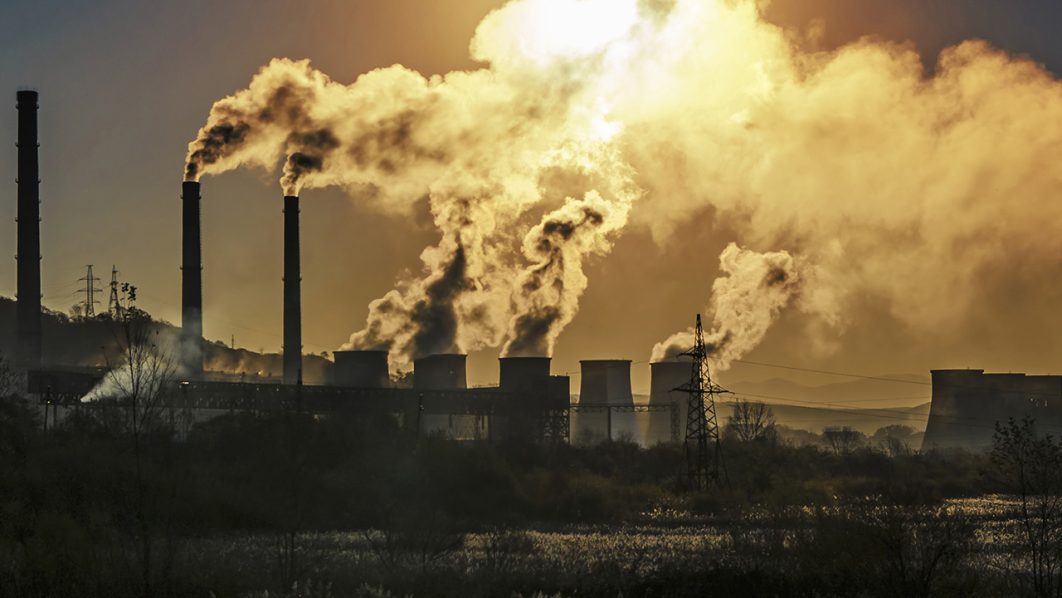
Nigeria, Africa, and indeed the world face a critical juncture. Energy systems are evolving remarkably, shifting from fossil fuel dominance to renewable sources, and this transition fundamentally reshapes economies and the environment. In this transformation, we are tasked with an essential question: How do we harness the energy-economy-environment nexus to foster good governance and achieve sustainable development?
To explore this, we must first acknowledge the complexity of the nexus. The energy sector fuels economies, creates jobs, and drives industrialisation but also contributes to environmental degradation if not properly managed. On the other hand, environmental preservation is essential to long-term economic stability but requires carefully planned energy policies.
This balancing act necessitates robust governance frameworks that ensure transparency, accountability, and effective resource management. Energy is the backbone of economic development. In Africa, energy access is critical to unlocking the potential for industrialisation, innovation, and improved livelihoods. However, many across the continent, including Nigeria, remain energy-poor. According to the 2022 Energy Access Report from the World Bank, Nigeria has one of the most significant energy deficits in the world. Also, as of 2021, 85 million individuals – more than 4 out of 10 Nigerians, do not have access to power from the national grid.
The empirical literature is unanimous on the importance of energy to human development. Chien et al. (2023), and Luan et al. (2023) argue that energy is a fundamental element for sustaining human survival and development. Thus, excessive energy poverty may hinder sustainable human development. Energy poverty stifles economic growth, education, healthcare, and gender equity. Similarly, studies like Pachauri et al. (2004), Sesan et al. (2013), and Belaïd (2022) identified energy poverty as one of the critical developmental challenges faced by developing and emerging economies.
The nexus of energy generation and consumption, economic growth and environmental degradation revolves around three significant hypotheses: the growth hypothesis, conservation hypothesis and feedback hypothesis. The growth hypothesis studies claimed that economic growth depends on energy consumption (Adams et al., 2018; Zafar et al., 2019). The conservation hypothesis was the opposite: economic growth fuels energy consumption (see Destek & Aslan, 2017). However, a feedback hypothesis is upheld where a two-way causality exists among these three variables (i.e., energy, economy and environment) (Aydin, 2019; Tugcu et al., 2012).
In Africa, some research has been conducted to ascertain the extent, causality and implications of energy consumption. One such example is the work of Acheampong (2018), who found that a positive shock to GDP increases energy consumption and carbon emissions in the short run but also increases stability in the long run. This finding corroborates with Paramati et al. (2018), who noted that industrialisation enhances energy saving for most African countries. On the contrary, Awodumi and Adewuyi (2020) discovered that CO2 emissions across African economies remained highly unstable, with Algeria being the leading carbon emitter due to the dominance of non-renewable energy consumption.
Therefore, energy consumption apparently promotes economic growth but contributes to higher carbon emissions. This raises some pertinent questions: To what extent do production and consumption of energy resources contribute to economic growth and carbon emissions in African economies? Should policy focus more on growth than reducing carbon emissions arising from energy resource consumption? These are policy-relevant questions.
Regarding the nexus between energy and good governance, pioneering studies have shown that the empirical side of the nexus aligns with economic theories. Fredriksson et al. (2004) analysed 12 OECD countries. They concluded that corruption reduces the effects of energy policy: increasing corruption leads to increased energy intensity and, implicitly, a decrease in energy efficiency. Stern (2012) discovered that the decline in corruption directly leads to increased energy efficiency. Further, Nicolli and Vona (2015) concluded that increased corruption indirectly affects renewable energy policy through its impact on the regulation of the energy products market.
The African continent is energy-poor, the poorest in the world. About 600 million Africans lack access to electricity, while over 900 million rely on traditional biomass fuels, such as wood and charcoal, for cooking and heating. These fuels lead to deforestation and indoor air pollution, contributing to an estimated 600,000 premature deaths annually (WHO, 2022). Limited access to electricity hampers economic development, educational opportunities, and healthcare services, further perpetuating poverty and inequality.
Moreover, an estimated three billion people worldwide still lack access to clean energy technologies for cooking (IEA, 2022). In the IEA’s most recent Global Energy Outlook report, global energy demand will increase by around 33 per cent by 2050. This implies that energy, and sustainable energy for that matter, will remain central to our daily lives, the lifeblood that enables us all to function and prosper.
There is no doubt that the world needs more energy, but this need must be met ever more efficiently and sustainably, considering the challenges posed by climate change to our future. However, Africa needs even more energy. Its population is set to increase from 1.4 billion people today to around 2.5 billion by 2050. Its economic output is expected to triple, and energy demand will increase by 82 per cent. It would increase even more, by 150 per cent, if its GDP per capita doubled to 5,000 dollars in 2050 (World Bank, 2021).
At the same time, Africa suffers significantly from the effects of climate change despite being the least responsible for it. Africa’s cumulative Greenhouse gas (GHG) emissions are very low, and even today, Africa accounts for only 3 to 4 per cent of the world’s total GHG emissions despite being home to 17 per cent of the world’s population.
To be continued tomorrow.
Prof Adegbulugbe is the Chairman/CEO, Green Energy International Limited.






